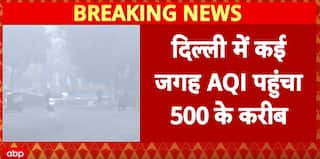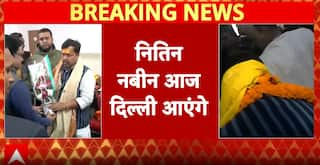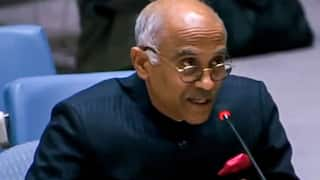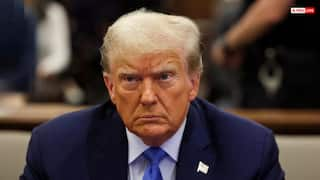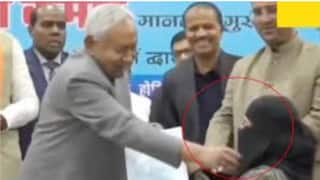India To Appeal After WTO Rules In Favour Of EU, Taiwan Over ICT Products Tariff Dispute
The WTO dispute panel on Monday ruled that India's import duties on certain informational and technology products like mobile phones and electronic components violate global trading norms.
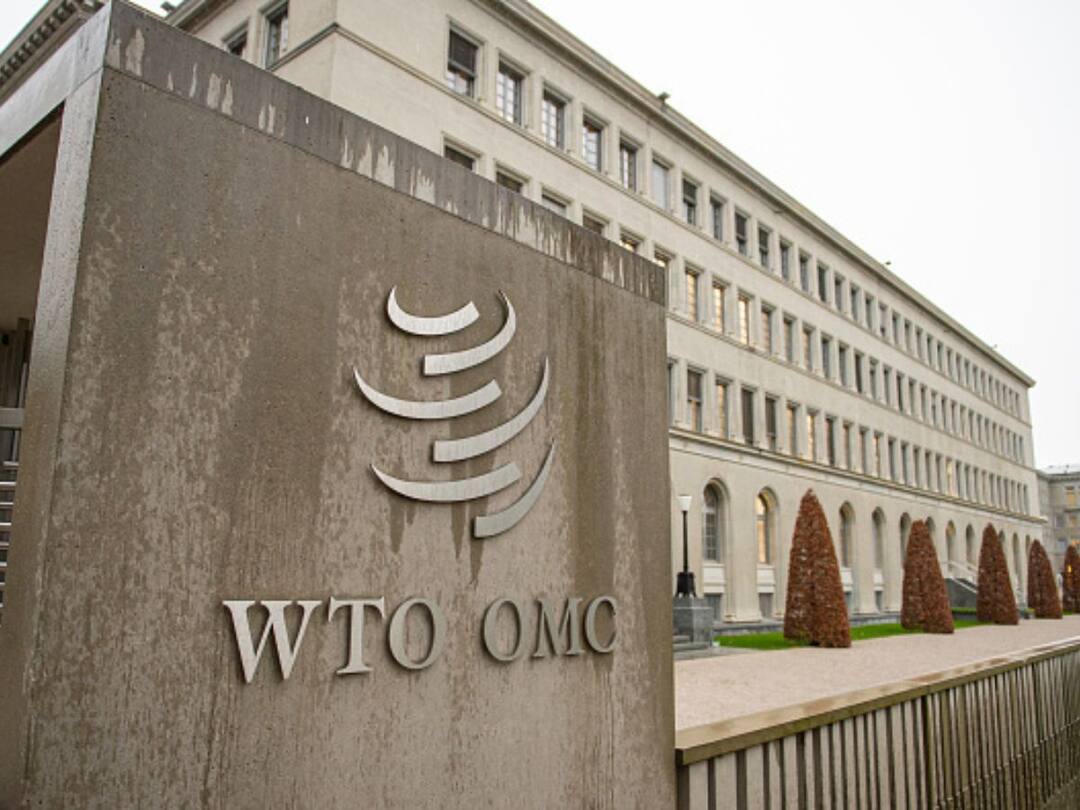
The World Trade Organization's (WTO) dispute panel on Monday ruled that India's import duties on certain informational and technology products like mobile phones and electronic components violate global trading norms. The ruling followed after the European Union, Japan, and Taiwan raised a dispute that the imposition of tariffs on IT products by India was against the principles agreed upon under ITA.
"We recommend that India bring such measures into conformity with its obligations under the GATT 1994," the WTO panel's report said.
According to a PTI report, India will appeal against this ruling and it will not have any adverse impact on the domestic industry. The commerce ministry sources told the news agency, the ruling will not have any adverse impact on the domestic industry adding that the appeal will be filed by India in the WTO's Geneva-based appellate body, which is the final authority on such trade disputes.
Beginning in 2007-2008, India imposed tariffs on a number of electronic items to curb cheap electronic imports from China and promote India’s home-grown manufacturing. However, the 1996 Information Technology Agreement (ITA) requires India, a signatory, to remove tariffs on a variety of goods, including mobile phones.
On April 2, 2019, the European Union challenged the introduction of import duties on a wide range of ICT products. The duties ranged between 7.5 per cent and 20 per cent. This included parts for telephone sets, devices for the reception, conversion, and transmission of speech, pictures, or other data, and telephones for cellular networks.
According to the EU, the measures were at odds with a number of WTO rules.
According to the procedure for resolving a trade dispute under the WTO's dispute settlement mechanism, both trading parties would engage in consultations after submitting a complaint to resolve the matter. If neither party succeeds in doing so, the complainant may request that the WTO convene a dispute panel to settle the conflict.
Singapore and Chinese Taipei requested to participate in the consultations on April 17, 2019. Canada, Japan, Thailand, and the United States submitted requests to participate in the consultations on April 18, 2019. China made a request to participate in the consultations on April 19, 2019.
The panel's report said that with respect to the EU's claims that India's tariff treatment of certain products is inconsistent with certain provisions of the General Agreement on Tariffs and Trade 1994."
READ: Bournvita Rejects Influencer's Claims Of High Sugar Content, Calls Video 'Unscientific'
The panel's ruling or report can be challenged by the World Trade Organization's appellate body. Last year, India appealed against a ruling of the World Trade Organization's (WTO) trade dispute settlement panel which ruled that the country's domestic support measures for sugar and sugarcane are inconsistent with global trade norms.
The Geneva-based 164-member multi-lateral body deals with global exports and import-related norms. Besides, it adjudicates trade disputes between the member countries.











